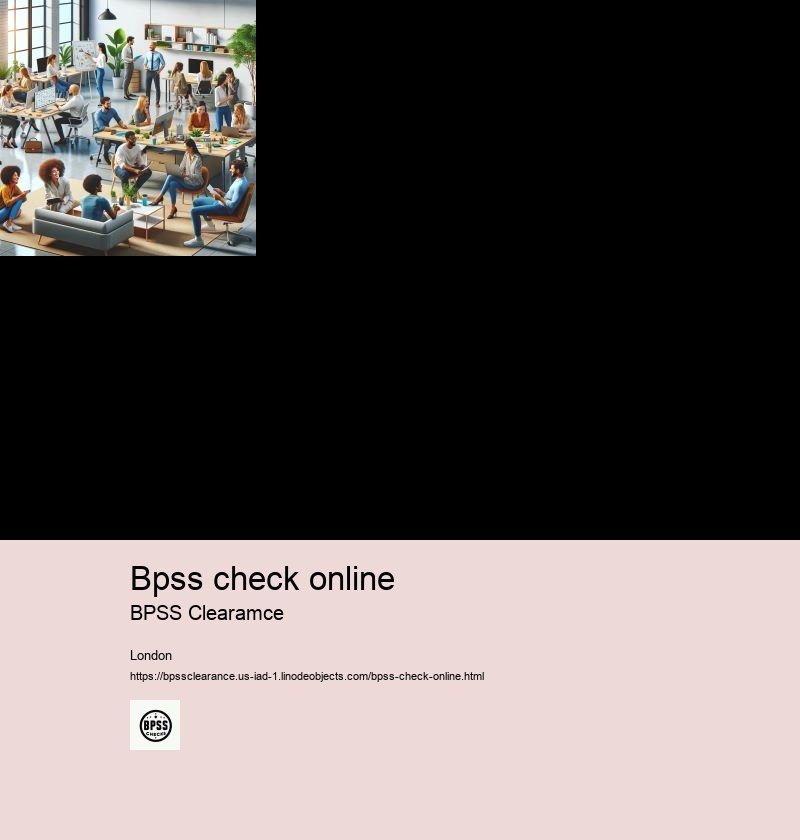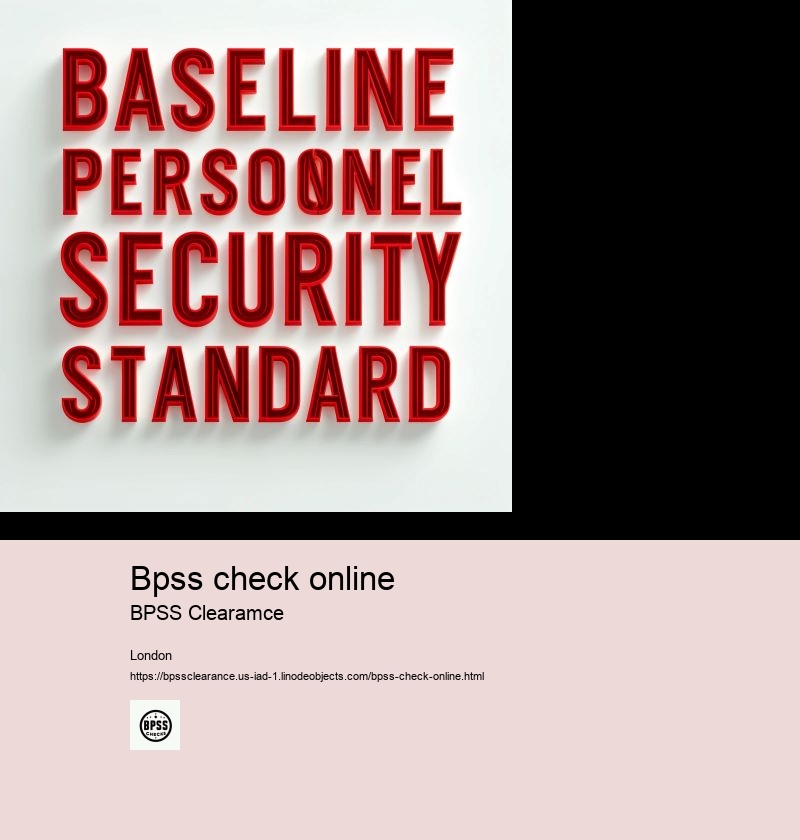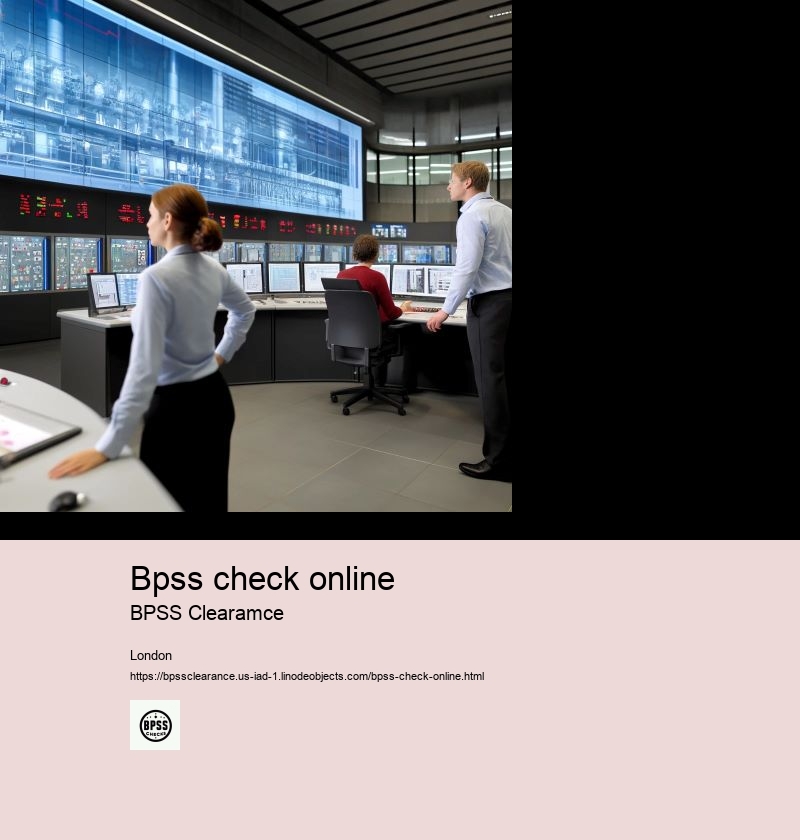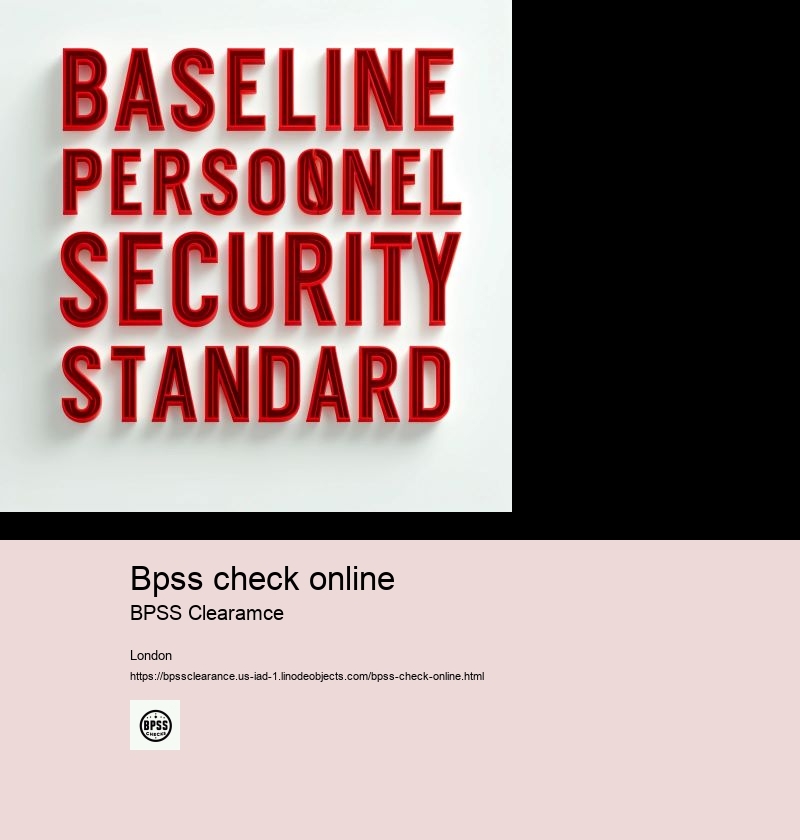bpss check online
Government contractors
Employment history checks are another key component of BPSS clearance, providing insight into an individual's work behavior and integrity.
Bpss check online - Employment eligibility
- Confidential data handling
- Official Secrets Act
- Standard DBS
In some cases, BPSS checks can encounter delays if discrepancies or issues need to be resolved, such as gaps in employment or discrepancies in personal information. Such issues require additional investigation and possibly further documentation, which can prolong the process.
Generally, a BPSS check can take anywhere from two weeks to a month to complete. This timeframe assumes that there are no complications, such as discrepancies in the information provided or delays in receiving necessary documents from third parties.



